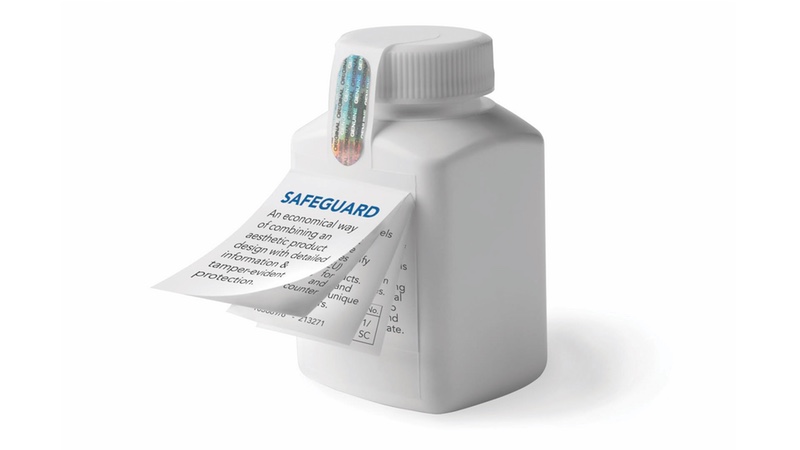Just a year before companies are forced to comply with the EU’s Falsified Medicines Directive, concern remains about the impact that Brexit will have on a hugely sensible directive that acts as a crucial way of preventing fake drugs getting through the system. Then we had the European Medicines Agency (EMA), the watchdog for approving and monitoring the safety of drugs across the continent, leaving London in the wake of Brexit and relocating to Amsterdam, initially on a temporary basis before occupying a new building in 2020.
The next issue — but possibly not the last — comes from the news that the UK and EU have struck a deal on the future of the border between Northern Ireland and the Republic of Ireland. Although making a lot of political sense, it does raise fears about border control and stopping criminals from moving goods between both countries. In response, the UK’s Anti-Counterfeiting Group (ACG) has demanded that consumers and businesses be protected from fake and unauthorised products.
The ACG represents brands from across industries and their instant stance in calling for safety measures to be put in place should be welcomed. There are clear concerns about the uncertainty surrounding border control and the fact that counterfeiters could use this to bypass the intellectual property rights of brands. Other than tougher controls and border checks, what can be done to ease this problem?
Counterfeiting has long been a big problem in both developed and developing countries where the use of fake packaging and labelling is widespread. But all is not lost. Continuing advancements in labelling technology have always played a major role in keeping one step ahead of counterfeiters. Labelling can include impressive print features that counterfeiters struggle to replicate or microtext that is almost invisible to the human eye.
Extra security can also come courtesy of QR codes or radio frequency identification (RFID) tags, whereas void material, which shows when a label has been tampered with, can also be used to protect products. Whether you use just one of these technologies or a combination is entirely dependent on your needs. But doing nothing is not an option.

This has been a historic worldwide problem, one that costs the UK billions of pounds every year and endangers the health and safety of customers. Although one doesn’t want to apply scare tactics to the uncertainty of Brexit, it would be wise to keep abreast of all relevant developments and adopt sensible solutions when necessary.
